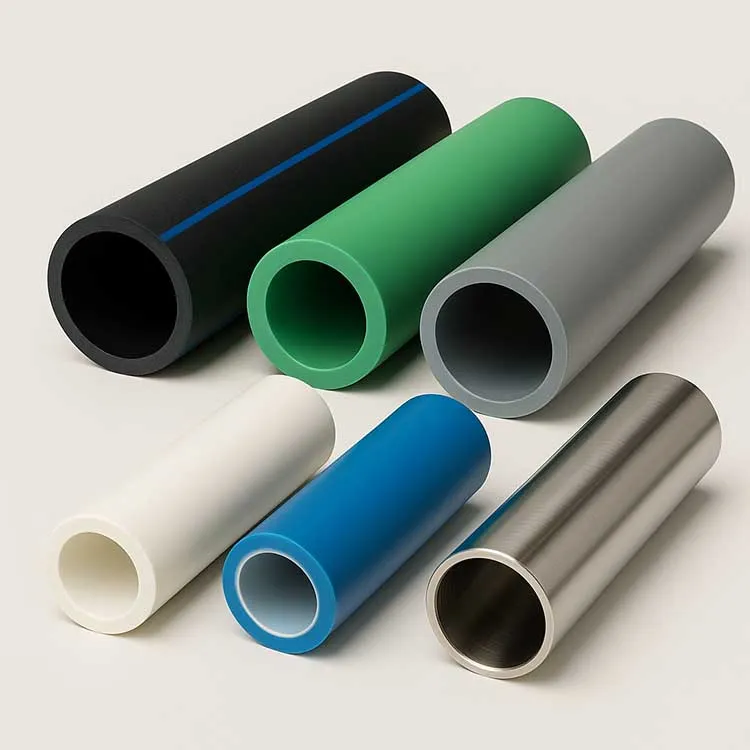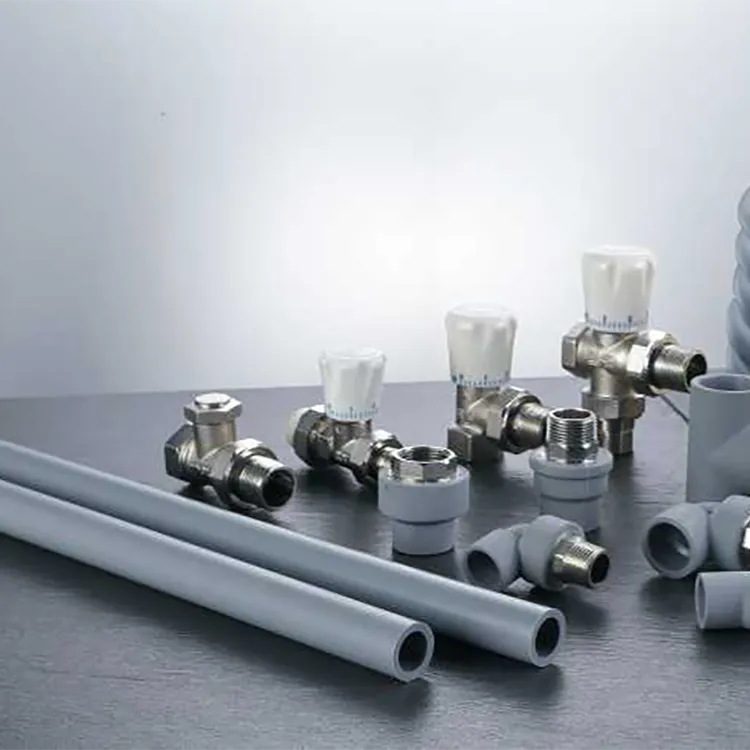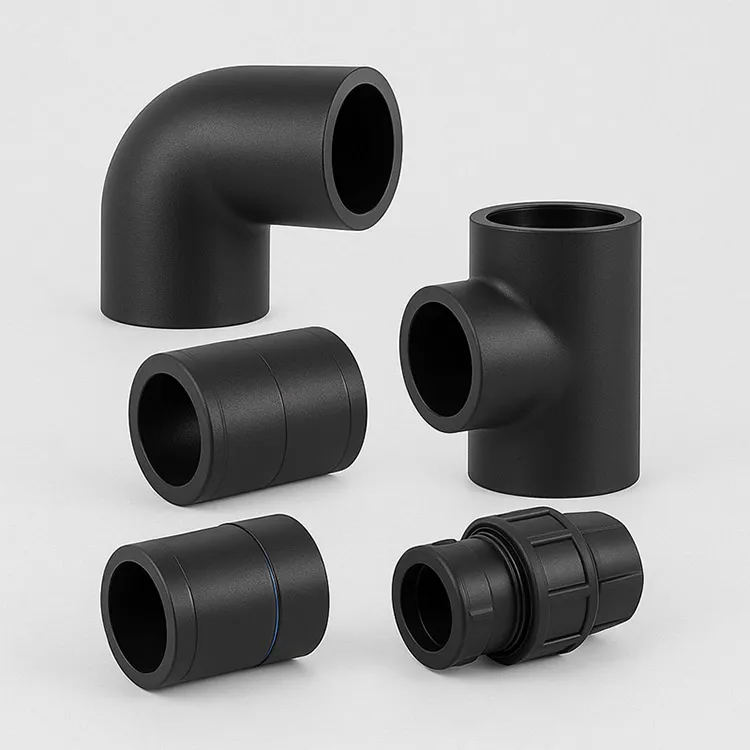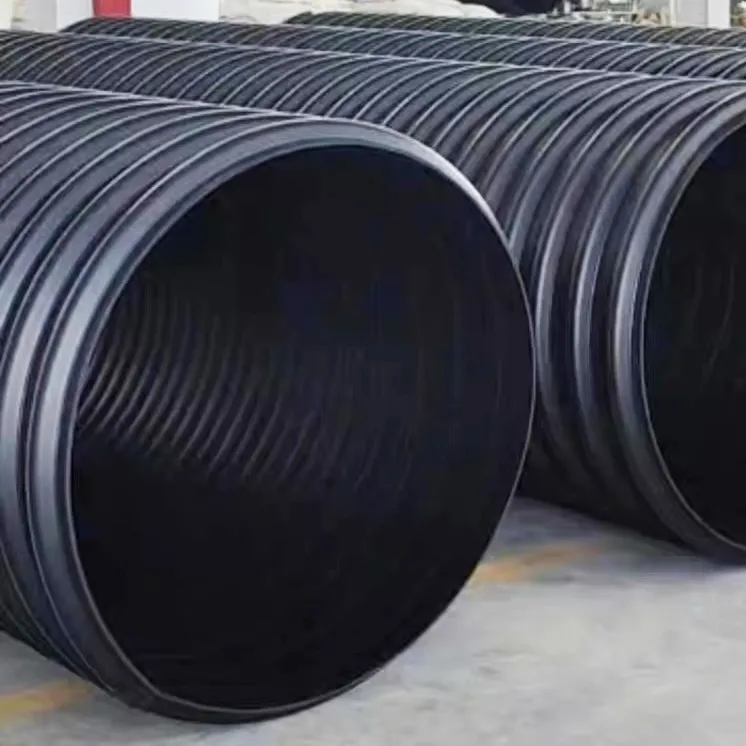Introduction:
Landscape garden irrigation plays a vital role in maintaining the health and beauty of outdoor spaces. In recent years, the use of High-Density Polyethylene (HDPE) pipes has gained significant popularity in this field. HDPE pipes offer numerous advantages over traditional alternatives, such as PVC and metal pipes, making them an ideal choice for landscape garden irrigation systems. This article aims to explore the various benefits and applications of HDPE pipes in landscape garden irrigation, highlighting their durability, flexibility, environmental friendliness, and cost-effectiveness.
1. Durability and Longevity:
HDPE pipes are renowned for their exceptional durability, which makes them suitable for long-term use in landscape garden irrigation systems. HDPE is highly resistant to corrosion, chemical reactions, and UV radiation, ensuring that the pipes remain intact and functional even under harsh environmental conditions. Unlike metal pipes, HDPE pipes are immune to rust and do not require regular maintenance or coating. Furthermore, their smooth interior surface prevents the accumulation of sediment and reduces the likelihood of clogs, ensuring consistent water flow.
2. Flexibility and Ease of Installation:
Another significant advantage of HDPE pipes for landscape garden irrigation is their flexibility. HDPE pipes can be easily bent to accommodate the desired layout and contours of the garden, allowing for efficient installation without the need for excessive joints and fittings. This flexibility also enables HDPE pipes to withstand ground movement, minimizing the risk of leaks or fractures. With the use of heat fusion welding techniques, HDPE pipes can be joined seamlessly, ensuring leak-proof connections that are resistant to external stressors.
3. Environmental Friendliness:
HDPE pipes are an environmentally friendly choice for landscape garden irrigation systems. They are made from recyclable materials and can be recycled themselves, reducing the carbon footprint associated with their production and disposal. HDPE pipes are also free from toxic substances, ensuring that the water supplied to the garden remains safe for plants, animals, and humans. Additionally, HDPE pipes have low energy requirements during manufacturing and transportation compared to other pipe materials, further reducing their environmental impact.
4. Cost-effectiveness:
In terms of cost-effectiveness, HDPE pipes offer several advantages for landscape garden irrigation. While the initial investment may be slightly higher than traditional pipe materials, such as PVC, HDPE pipes provide significant long-term savings. Their durability eliminates the need for frequent replacements or repairs, reducing maintenance costs. Moreover, their resistance to chemicals and corrosion ensures that the quality of the irrigation water remains consistent, preventing damage to plants and reducing the need for additional treatments or replacements.
5. Applications in Landscape Garden Irrigation:
HDPE pipes find extensive applications in landscape garden irrigation due to their versatility and adaptability. They can be used for various purposes, including drip irrigation systems, sprinkler systems, and underground irrigation networks. The flexibility of HDPE pipes allows for seamless integration into existing landscapes without disturbing the aesthetics. Whether it is watering flowerbeds, maintaining lawns, or irrigating large-scale gardens, HDPE pipes provide a reliable solution for efficient water distribution.
Conclusion:
HDPE pipes have revolutionized landscape garden irrigation systems with their exceptional durability, flexibility, environmental friendliness, and cost-effectiveness. Their ability to withstand harsh conditions, resist corrosion, and require minimal maintenance ensures a long lifespan and reliable water supply for gardens. The flexibility of HDPE pipes allows for easy installation and adaptation to the landscape's contours, reducing the risk of leaks and ensuring efficient water distribution. Their eco-friendly nature and recyclability contribute to a sustainable irrigation system that minimizes environmental impact. Lastly, the long-term cost savings offered by HDPE pipes make them a wise investment for landscape garden owners.
As gardens continue to evolve and become more intricate, the demand for efficient and reliable irrigation systems will only increase. HDPE pipes are well-positioned to meet these demands and provide a robust solution for landscape garden irrigation.
Moving forward, further research and development in the field of HDPE pipes can lead to even more advancements. Innovations such as improved jointing methods, enhanced resistance to extreme temperatures, and increased flexibility can enhance the performance and versatility of HDPE pipes in landscape garden irrigation.
In conclusion, HDPE pipes have emerged as a game-changer in the realm of landscape garden irrigation. Their durability, flexibility, environmental friendliness, and cost-effectiveness make them the preferred choice for professionals and homeowners alike. With their ability to withstand harsh conditions, accommodate diverse landscapes, and deliver consistent water supply, HDPE pipes contribute to the health and beauty of gardens while minimizing maintenance and long-term costs.
As landscape garden design continues to evolve and sustainability becomes a key focus, HDPE pipes offer an ideal solution for efficient water distribution. By harnessing the benefits of HDPE pipes, landscape gardeners can create thriving and visually stunning outdoor spaces that are sustainable, cost-effective, and environmentally friendly.
As we embrace the future of landscape garden irrigation, HDPE pipes will undoubtedly play a pivotal role in transforming the way we nurture and preserve our natural surroundings. Their remarkable attributes and advantages make them an invaluable asset, paving the way for greener, more vibrant, and water-efficient gardens.
430.webp)


981.webp)

 (1)379.webp)

294.webp)
476.webp)
420.webp)
146.webp)
460.webp)
287.webp)
274.webp)
688.webp)


